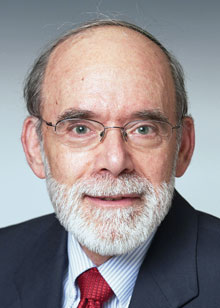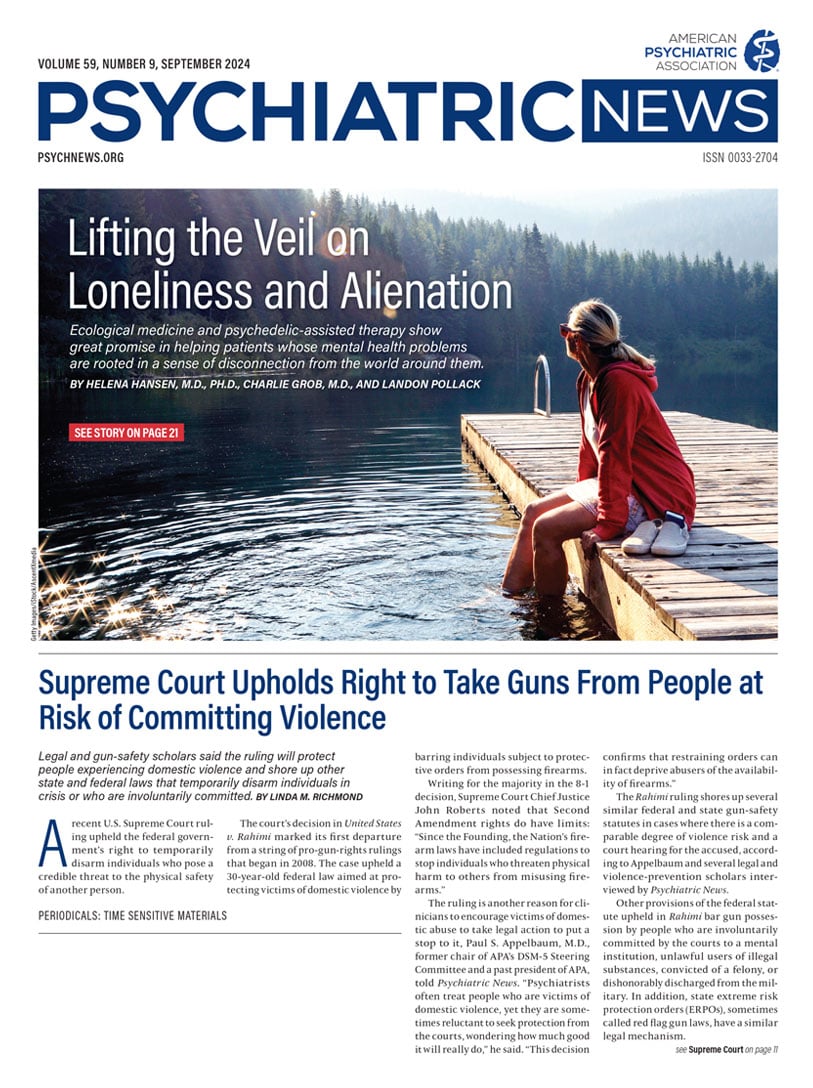Psychedelics-as-medicine hit a snag in August when the Food and Drug Administration (FDA) rejected an application for new drug midomafetamine (MDMA) capsules for treatment for posttraumatic stress disorder (PTSD) by Lykos Therapeutics, asking for another clinical trial to prove its safety and efficacy.
Of major concern was the reliability of the clinical trial data. Both the sponsor and researchers had high expectations of benefit, particularly for a drug where mindset and setting are known to play a heavy role in outcomes. Since the immediate effects of the drug are so obvious, there was also an inability to mask who received MDMA or placebo. There were also allegations of ethical concerns related to therapist-patient interactions that laid bare current deficiencies in the informed consent process for psychedelics.
A Potentially Life-Changing Experience
Taking psychedelics differs greatly from taking other commonly prescribed psychotropic medications for which risk-benefit profiles are well established, Paul S. Appelbaum, director of the Center for Law, Ethics, and Psychiatry and the Dollard Professor of Psychiatry, Medicine, and Law at Columbia University, told Psychiatric News. “It is an intense, prolonged, potentially aversive, potentially life-changing experience,” said Appelbaum, who wrote an editorial for JAMA Psychiatry on the topic. “Many people describe it as the most remarkable thing that’s ever happened to them in their lives, and some describe it as terrifying and something that they would never want to go through again.”
Patients who take psychedelic medicine may experience lasting or permanent changes to their personality, values, or beliefs, Appelbaum said. “For people who are not averse to having new experiences or like to seek out high levels of stimulation, that may be a very exciting prospect,” he said. “For others who are more conservative, that may be terrifying. Either way, patients should be informed in advance of these possibilities.”
Clearly relaying the potentially profound and lasting changes psychedelics can induce was one of several core considerations of an informed consent discussion that was recently proposed in another JAMA Psychiatry article.
“[S]tandards for integrating psychedelics into health care have lagged, including norms for obtaining informed consent, an ethical and legal cornerstone of medicine,” wrote lead author Mason Marks, M.D., J.D., who leads the Project on Psychedelics Law and Regulation at Harvard Law School’s Petrie-Flom Center for Health Law Policy, Biotechnology, and Bioethics. “Meeting these standards can be difficult, especially when treatments have questionable benefits, and risks are high or difficult to characterize.”
In addition to the possibility of inducing profound perceptual changes and/or an altered sense of self and reality, psychedelics may trigger hallucinations, mood disturbances, and paranoia, Marks said. In the JAMA Psychiatry article, Marks and colleagues proposed six essential components for clinicians to address with patients when considering the administration of psychedelics:
•
Adverse events: Informing about potential treatment responses, including adverse events such as sudden and chronic perceptual changes, personality changes, and altered sense of self or new and lasting metaphysical beliefs.
•
Parameters around touch: Although considered verboten in a traditional psychiatric setting, limited reassuring touch is commonly used in psychedelic treatment sessions. It is critical to discuss and document patients’ wishes around limited reassuring touch, such as holding hands or a touch on the shoulder.
•
Abuse or coercion potential: Advising on the increased risk of exploitation, coercion, or abuse—for example, financial or sexual—to which patients are vulnerable at the time of psychedelic treatment and in the weeks or months that follow it. Informing patients about the measures clinicians have put in place to mitigate these risks.
•
Risk of data collection: Conveying the heightened social, legal, and professional risks associated with information that patients may disclose and that clinicians might collect during a psychedelic session. Psychedelics remain stigmatized substances, the authors wrote: “If their privacy is compromised, patients could be discriminated against in matters regarding employment, housing, familial rights, and social benefits.”
•
Conflicts of interest: Disclosing treatment providers’ potential conflicts of interest, or other relevant practitioner information.
•
Interactive education and consent processes: Deploying novel methods to ensure patients know what to expect with treatment—for example, virtual-reality content, video of former patients discussing their experience, or consent quizzes.
States Forge Ahead With Psychedelics
Rebecca Weintraub Brendel, M.D., J.D., director of the Center for Bioethics and associate professor of psychiatry at Harvard Medical School and a co-author on the Marks article, maintains that it is important for the profession to establish standards of consent for psychedelics prior to their FDA approval. “Especially because psychedelics are already being used in nonmedical settings, the potential risks for people are already there,” said Brendel, the immediate past president of APA. “… We do have a role in educating the public about the risks and ensuring that the standards of informed consent are met.”
Since December 2023, more than 70 bills from at least 26 states—from California to Maine—have introduced legislation involving psychedelics, according to LexisNexis State Net data. Most of the bills provide funding to allow for study of the therapeutic potential of psilocybin, also known as “magic mushrooms.”
However, Oregon has licensed 29 psilocybin “service centers” so far where the drug is administered to clients “for health and wellness.” Colorado will soon start accepting applications for its similar “healing centers” and has created a Natural Medicine Review Board, which may allow additional psychedelics, including dimethyltryptamine (DMT), ibogaine, and mescaline, starting in 2026.
Still, the efficacy and safety of psychedelic compounds remains far from settled. APA opposes use of psychedelic compounds outside of approved research studies until they are FDA approved. To protect patient safety, APA has helped several of its District Branches and State Associations lobby against and defeat state bills that would have legalized therapeutic use of psychedelics.
Appelbaum said he is particularly concerned about state and local programs that allow patients to access psychedelics “in the absence of data to inform us about the likely outcomes”—including duration of response, the optimal number of sessions, and the likelihood of response to repeat administration after relapse. “The hype is way out ahead of the evidence, and many of the leading psychedelic researchers I have spoken with believe that to be true as well,” Appelbaum said. “Yet many of the people who are traveling to other parts of the country [to use psychedelics] are doing so because they believe they will obtain some type of therapeutic benefit.”
Another source of uncertainty stems from the narrowly selected participant samples for most psychedelic research studies, which frequently exclude people with personal or family histories of psychotic disorders, prior suicide attempts requiring hospitalization, manic episodes, or borderline personality disorders. “Right now, there are essentially no data that can be enlisted to help such patients understand the unique risks, if any, that they may face,” Appelbaum said.
Ultimately, Appelbaum urges a cautious and conservative approach when it comes to psychedelics and other new psychiatric treatments. “The history of psychiatry is dotted with examples of treatments that were believed to have extremely high potential for treating and curing psychiatric conditions. It has almost never been the case that those original expectations were fulfilled,” he said. “We need as a profession to remember our history.... [We need] to demand and wait for good evidence that warrants adoption of new approaches before we move in that direction. In other words, we should resist the hype and demand the evidence.”
The communication by Marks and colleagues was supported by the Project on Psychedelics Law and Regulation at the Petrie-Flom Center for Health Law Policy, Biotechnology, and Bioethics as well as by the Gracias Family Psychedelics Research Initiative and Bootcamp in Ethics Regulation Fund—both at Harvard Law School. ■

